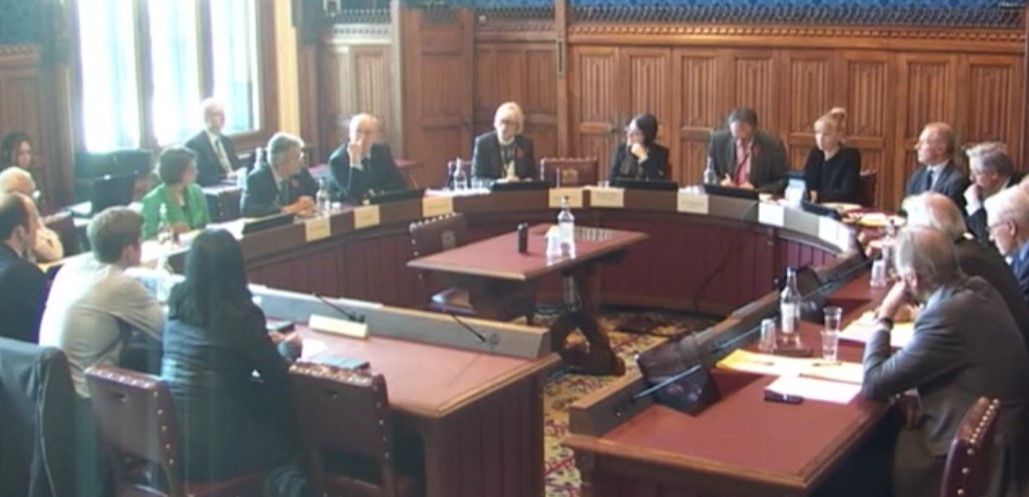Experts today urged lawmakers to stay strong in the face of industry lobbying to weaken the UK’s climate policies and environmental regulations as part of a ‘hard’ Brexit.
The comments were made at an oral evidence session of the House of Lords’ EU Energy and Environment sub-committee. The committee is conducting an inquiry entitled ‘Brexit: environment and climate change’ to inform a report due in early 2017.
Professor Michael Grubb from University College London told Lords that he is increasingly aware of a narrative that Britain is desperate for foreign investment and will do anything to make itself industry friendly.
“There are clearly lobbying pressures and, by some forms of government, consideration for abandoning the carbon price floor, an extraordinary decision,” he said. “The risk we face is that Brexit becomes a catch-all excuse for pushing aside anything else to attract foreign investment.”
The experts also warned Lords to be vigilant against those seeking to use Brexit as an excuse to weaken current air quality laws, while transferring EU laws to the UK through The Great Repeal Bill.
The danger, as pointed out by Alan Andrews, Clean Air Project Leader at ClientEarth, a non-profit environmental law organization, is that very subtle amendments to the directive would rob it of its legal effect. And by not replacing enforcement mechanisms once Britain leaves the EU, air quality laws, could be rendered, largely ineffective.
“We’ve seen that the government has tried to weaken the Ambient Air Quality Directives particularly in relation to nitrous oxide for years. Although that failed, and the Directive remains unchanged, I think it shows the vulnerabilities of a post-Brexit world.”
Sarah Mukherjee, Director of Environment at Water UK, an agency that works with Defra and water regulators, pointed out that there are risks the UK-based companies could challenge the need to comply with EU regulations.
In countries such as Norway, which aligns with European environmental standards despite not being a member of the EU, compliance is not very high, even with a court process to ensure enforcement.
“In some parts of Norway, wastewater treatment works are only 50% compliance, and leakage is very high,” she said. “What would stop a company with big pockets from challenging any piece of legislation in any industry, that’s made on the back of a European Court of Justice (ECJ) decision, on day one of Brexit?”
In the House of Lords’ EU Energy and Environment sub-committee last week, experts warned of a potentially “enormous gap” in environmental regulations if the UK pursued a hard Brexit.
Echoing previous warnings, when asked what policies could benefit the UK environment and climate post-Brexit, Andrews asserted that the priority was to keep current laws as they are until Britain has carefully developed alternatives.
Main image: House of Lords committee hearing. Screen grab from Parliamentlive.tv
Subscribe to our newsletter
Stay up to date with DeSmog news and alerts







